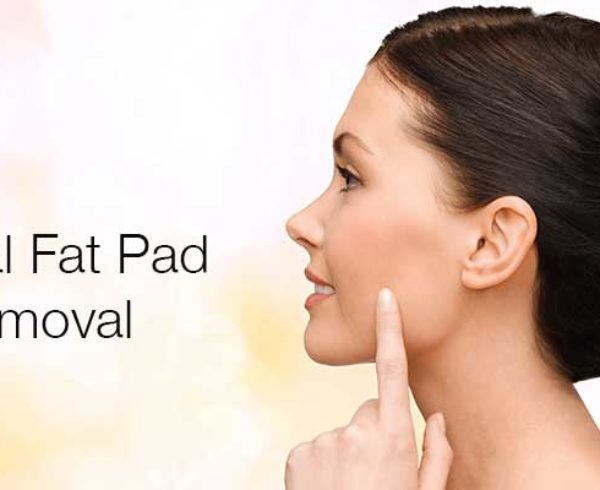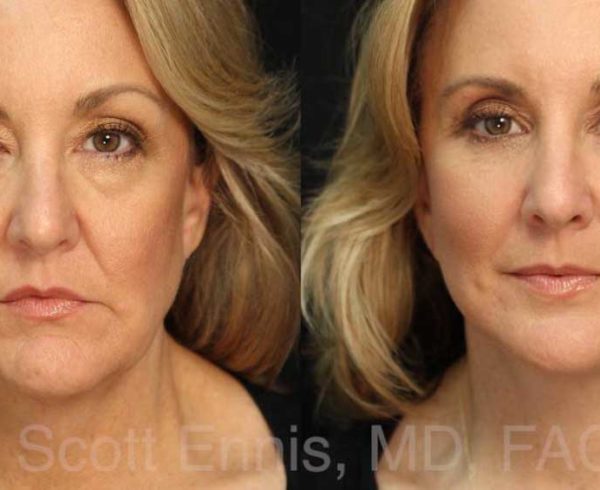Moldy Breast Implants
Recent headlines of moldy breast implants have some patients asking- “Am I safe?” or “Do I have mold in my implants?”.
While this is an unfortunate story, double board certified plastic surgeon, Dr. Scott Ennis, believes this does not represent the breast augmentation implant removal or exchange cases he has seen over the years. Many patients are asking if my implants have mold on them and is this making me sick? If you are concerned call 850-344-1653 or click here to ask Dr. Ennis a question.
I have performed thousands of breast augmentations and done many revision surgeries when the patient had unsatisfactory results from another surgeon, or desires removal or exchange of implants. In my over 20 years of experience, I have never experienced a case where mold was present on or in the implant.
So, can it happen and how?
There are two ways to fill saline implants when placing them during breast augmentation surgery explains Dr. Ennis. The open fill system is when sterile saline is poured in a sterile container, drawn up via a syringe and injected into the implants. Even though the solution and field are sterile, the exposure to air can theoretically could have been contaminated by mold spores in the air and lead to mold formation in the implant.
If you are concerned call 850-344-1653 or click here to book a consultation with Dr. Ennis.
Closed Filling System to Prevent Mold
The more common method of filling a breast implants is a closed filling system where the saline goes directly from a closed IV bottle into the implant through connected tubing. If the implant is placed correctly and using the sterile closed fill technique the risk of mold formation would be extremely rare.

Types of Breast Implants
Silicone Implants instead of Saline
Silicone implants were removed from the market in the US from approximately 1992 through 2006 and saline breast implants where the only option for women in the US. Over this time period, hundreds of thousands of saline breast implants were implanted in women in the US but since the reintroduction of the new cohesive gel silicone implants, saline implants are rarely used any more.
“In my experience, I rarely use saline implants anymore but if the need occurs, I do not see any reason to perform the open fill technique for the very reason contamination can occur,” said Dr. Ennis. “The only conceivable way mold could get inside an implant would be if it was introduced at the time of insertion.”
Transaxillary Breast Implant Insertion
What to do if you are concerned
Dr. Ennis reiterates if you believe there is an issue with your breast implants, schedule a consult for an examination. “Any patient who has a concern related to their breast implants should schedule a consultation with a board-certified plastic surgeon who can evaluate them and make suggestions for proper care.
This care may involve removing the implants or removing and replacing them. If exploratory surgery is recommended and removal is necessary, my protocol dictates all implants removed are sent to an outside independent pathology firm to be thoroughly and carefully evaluated.” If you are concerned you may have mold in your implants Dr Ennis would be happy to see you to discuss your options.
In general, the best way to approach this would be to remove the implant and perform a complete capsulotomy to make sure everything was removed. The implants would then be sent to an expert pathologist to look at them and see if there was any indication there might be mold in the implant. Dr Ennis has performed this surgery 1000s of times and can certainly discuss this option with you.
If you are concerned call 850-344-1653 or click here to book a consultation with Dr. Ennis.
Dr. Ennis’ Advice on Breast Implants
“No single medical device has been studied and tested as much as breast implants,” said Dr. Ennis. “Hundreds of thousands of women undergo this procedure every year and if there were flags, the FDA would immediately step in. The most important decision any patient can make with breast augmentation is choosing an experienced, board certified surgeon to minimize any risk.”
Meet Dr. Ennis
Contact Dr. Ennis
Starting January 2018, Ennis Plastic Surgery will be located at 4495 Furling Lane, #210B, Destin, FL 32541



